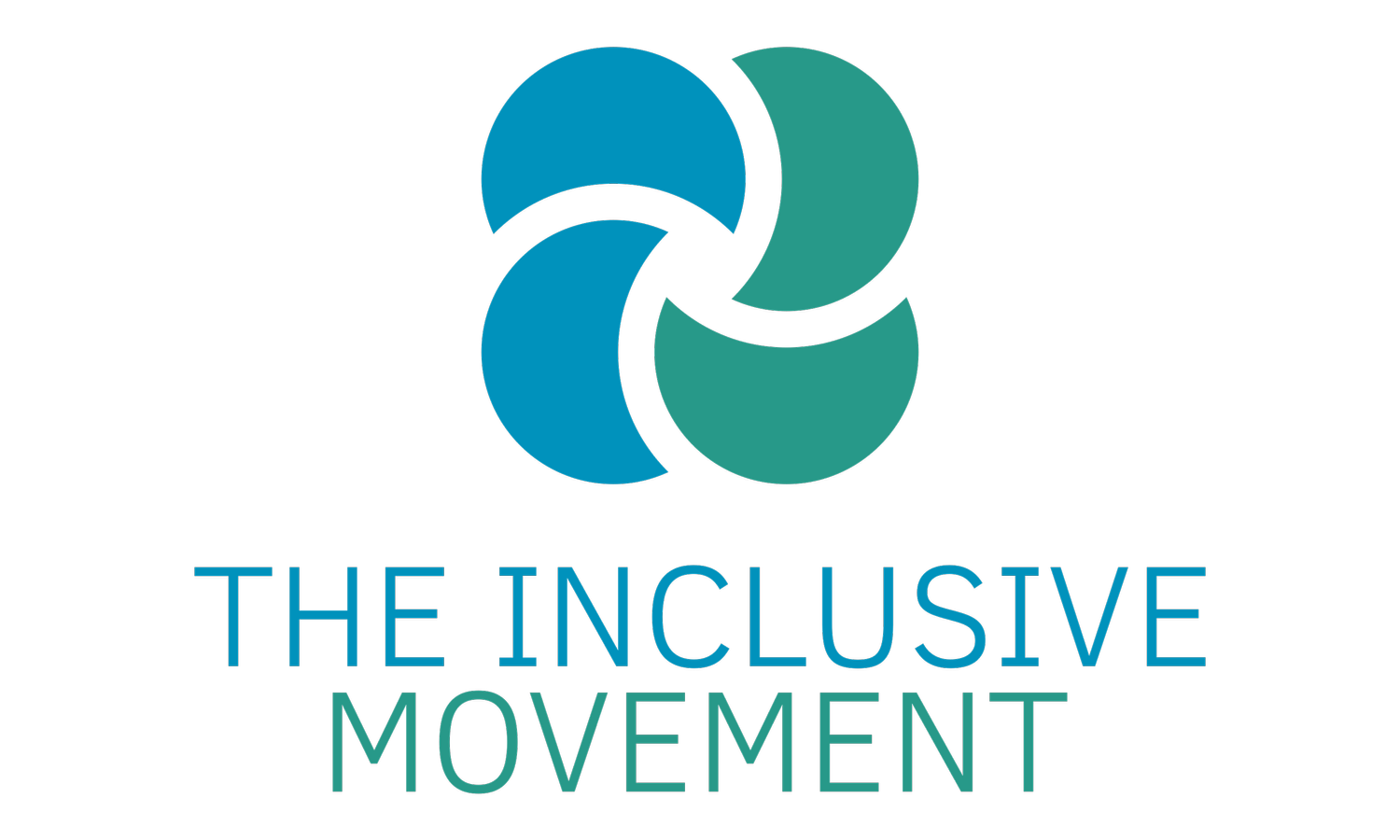National Disability Insurance Scheme
The National Disability Insurance Scheme (NDIS) is an Australian government initiative that provides support and assistance to individuals with disability, their families and carers.
The aim of the NDIS is to help people with disability achieve their goals and participate in the community. The scheme provides funding for a range of services, including personal care, therapy, mobility equipment, home modifications, and other necessary supports.
The NDIS also provides resources and tools to help people with disability make informed decisions about their care and support needs, as well as access to local support networks.
The NDIS is designed to be flexible and person-centred, allowing individuals to tailor their support to their unique needs and circumstances.
What does NDIS funding cover?
The types of support that the NDIS may fund for participants include:
Daily personal activities
Transport to enable participation in the community, social, economic, and daily life activities
Help in the Workplace to allow a participant to successfully get or keep employment in the open or supported labor market
Therapeutic support including behavioral support
Help with household tasks to allow the participant to maintain their home
Help to a participant by skilled personnel in aids or equipment assessment, set up and training
Home modification design and construction
Mobility equipment
Vehicle modifications.
What to provide with the NDIS Request Form
In order for the National Disability Insurance Agency (NDIA) to assess whether your child meets the requirements for early intervention or developmental delay, you will need to provide evidence of your child's permanent disability or developmental delay. This evidence will support their access request. It should include information about your child's specific condition, the expected duration of the condition, and how it impacts their daily life.
To provide evidence of your child's disability or developmental delay, you have a few options.
One way is to have their treating doctor or specialist complete the Professional's Report section in section 2 of the Access Request Form or the NDIS Supporting Evidence Form.
Alternatively, you can submit copies of existing assessments and reports that contain the same information. It's important to include this evidence along with the Access Request Form.
What is the NDIS?

-
1. Am I Eligible for NDIS?
To be eligible to access the NDIS you must several key requirements.
- Be aged 65 years or younger
- Be an Australian resident
- Have a significant and permanent disability
-
2. Request Access to the Scheme
If you meet the criteria and you would like to become a participant. Choose one of the following options.
a) Call the NDIS directly on 1800 800 110 and ask to make an Access Request
b) Complete and submit the Access Request Form and send it by email to NAT@ndis.gov.au
c) Contact your local LAC, NDIA office, or in some regions, community connectors.
OR
d) Engage the services of a support coordinator to assist you with the process.
You can contact our team to arrange a consultation to discuss how our support coordination services can assist you and your family.
We can support you by:
Assisting you with the process, filling out forms, helping you to form goals around the areas of concern, and explaining the process and terminology.
-
3. NDIS will advise you if you are eligible.
This can take 4-6 weeks.
NDIS will contact you to arrange a 1.5-hour phone consultation to discuss the daily living requirements of the participant.
We can support you by:
Attending the meeting with you or on your behalf. As well as gathering reports from your school and therapy providers to present to NDIS.
-
4. You will be issued with your plan.
This can take a further 7-21 days.
You have 90 days to request a review if you feel that your plan does not meet the requirements of the participant.
We can support you by:
Deciphering the jargon in the plan.
Assisting with gaining access to the NDIS portal
Connecting you with service providers in your community.
Which Funding option is best for our family?
Self-management
The NDIA provides you with funding so you can access the supports that will best help you pursue your goals. Find out more about self-management.
Plan-managed funding
The NDIA will provide funding in your plan to pay for a Plan Manager who pays your providers for you, helps you keep track of funds and takes care of financial reporting for you. Find out more about Plan-managed funding.
NDIA-managed funding
The NDIA pays your providers on your behalf.
Combination Funding
You also have the option to choose a combination of the three options. For example, you may choose to self-manage one part of your plan while having the rest managed by the NDIA. During your planning meeting, your early childhood partner, LAC, or NDIA planner will ask you how you would like to manage your NDIS funding. They will assist you in selecting the most suitable way to manage your funds based on your needs and circumstances.
How funding impacts provider choice
When it comes to accessing disability support services, your funding options can have a big impact on the types of providers you can access. If you're plan-managed or self-managed, you have the flexibility to choose between both registered and unregistered providers. This can open up a wider range of options and give you more control over your support. However, if you're NDIA-managed, you're limited to registered providers, which can be more restrictive.
Choosing a Plan Manager
Choosing a good plan manager can be key to getting the most out of your funding. A good plan manager will work with you to understand your goals and needs, and help you find the right providers to achieve them. They can also help you manage your funds effectively, so you can make the most of your budget and achieve your goals without overspending.
Whether you're plan-managed, self-managed or NDIA-managed, it's important to understand your funding options and choose a provider or plan manager who can help you achieve your goals and get the most out of your funding.
